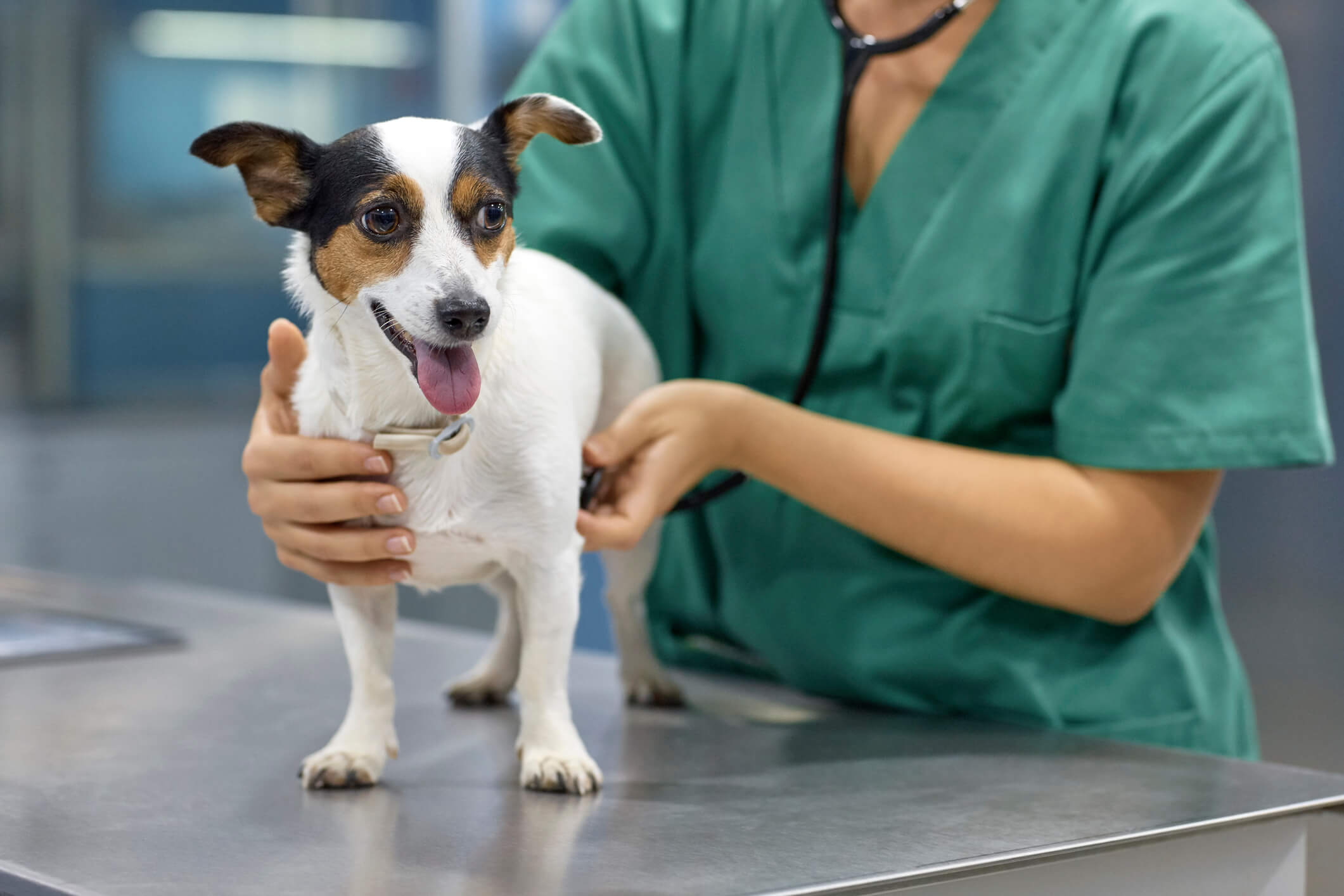Veterinary malpractice occurs when a veterinarian fails to meet the standard of care that is reasonably expected of other animal health care providers. The standard of care expected of veterinarians is that which adheres to the normal protocols and practices of the veterinary field. Below are some tips on how to avoid veterinary malpractice litigation. For additional guidance on avoiding veterinary malpractice litigation, please contact a veterinary practice litigation attorney.
Understand Negligence
In order to prevent veterinary malpractice litigation, it’s important that you have a good understanding of negligence. In order for a pet owner to prevail in a veterinary malpractice lawsuit, he or she must prove the following elements:
- The vet had a duty of care to treat the animal,
- The vet failed to meet the duty of care,
- The animal died or was injured due to the vet’s failure to meet the duty of care, and
- The pet owner experienced economic loss or emotional distress due to the vet’s actions.
Understand Common Types of Veterinary Malpractice
Another way to avoid veterinary malpractice litigation is to understand common types of veterinary malpractice. Common types of veterinary malpractice include:
- Incorrect or delayed diagnosis,
- Providing the wrong treatment or medicine,
- Failing to provide needed treatment,
- Recommending an incorrect treatment, and
- Prematurely stopping treatment.
Being Proactive When Avoiding Veterinary Malpractice Litigation
The best way to avoid a medical malpractice lawsuit is to anticipate problems and address them before they actually occur. In order to reduce your risk of medical malpractice lawsuits, you should:
- Periodically evaluate your practice to identify and address problem areas,
- Keep up on emerging trends that are becoming the standard of care (e.g. dental radiographs);
- Regularly consult your staff to ensure that they are aware of proper preventative measures, and
- Stay current on developments in the area of legal liability.
Defending a Medical Malpractice Allegation
An allegation of veterinary malpractice can arise via a civil lawsuit or a state board action. Following an official allegation of veterinary malpractice, it is imperative that you act quickly. A deep understanding of malpractice law and the judicial process is necessary to successfully defend a veterinary malpractice allegation. Therefore, if you’ve been accused of veterinary malpractice, you should immediately contact an experienced veterinary practice litigation attorney for assistance.
Contact Our Experienced Veterinary Attorneys
Running a veterinary practice has its risks—including legal actions from dissatisfied customers. Therefore, if you run a veterinary practice, you need the legal services of an experienced veterinary attorney who understands the challenges of running a veterinary practice. At Mahan Law, we understand the veterinary business. Founded by veterinary hospital owner Anthony Mahan, we are dedicated to helping veterinarians avoid litigation, and we are as comfortable at the negotiation table as we are in the courtroom. Therefore, whether you are facing a lawsuit or would like to be proactive in protecting your practice, we are here to help. Please contact us for a consultation.

